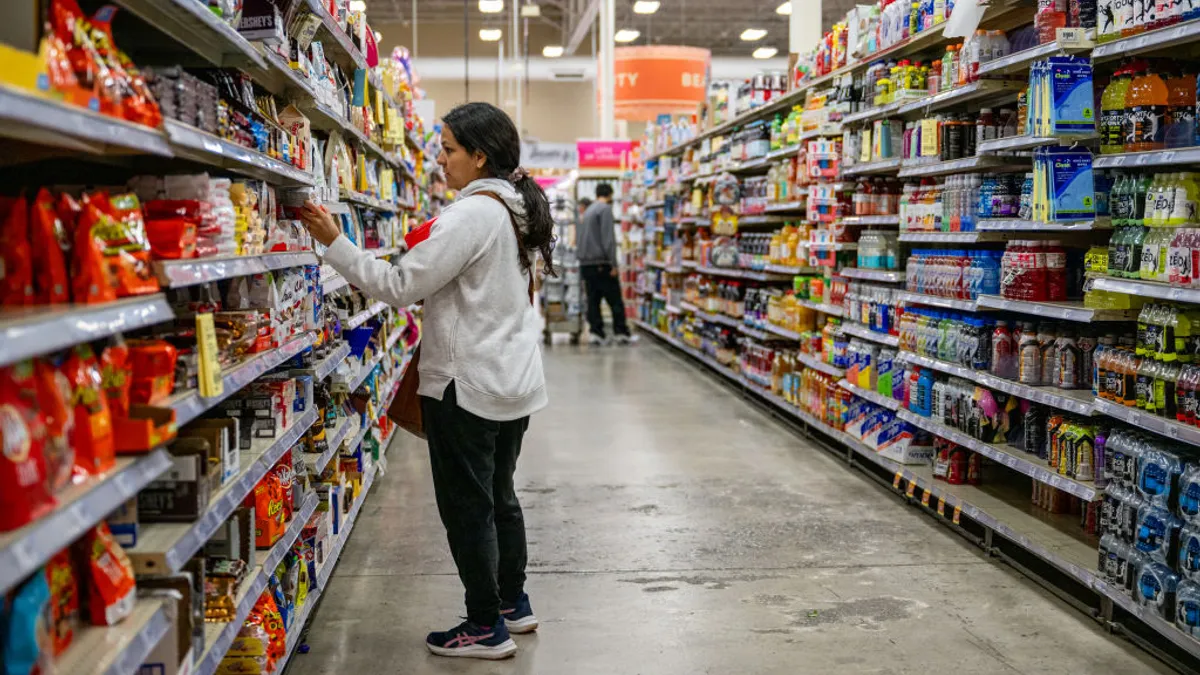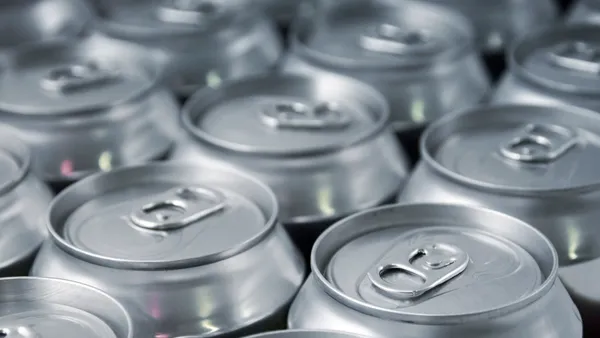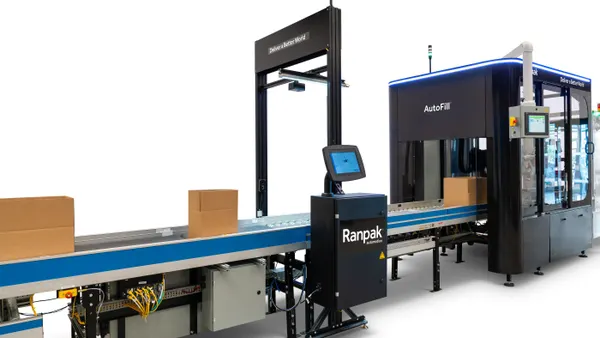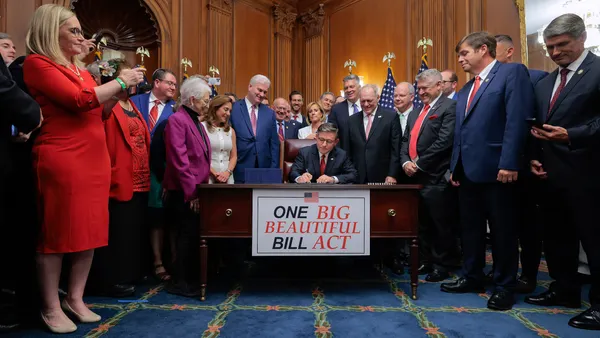- More “rationalization” efforts: On Wednesday’s fiscal Q3 earnings call, Berry executives explained that cost-cutting measures offset softer customer purchasing, which are caused in part by lingering inventory destocking efforts. CEO Tom Salmon said the company closed 20 facilities as part of ongoing cost cutting, for annualized savings of $140 million. During the fiscal Q2 call in May, Berry executives announced the cost-cutting, including “rationalizing,” or reducing, 15 facilities globally and moving business to more efficient facilities; at that time, they noted that additional facilities could be affected. While executives didn’t provide specifics about the additional closures, including their locations or how many employees were affected, a quarterly filing from the company says that “rationalizations are expected to be fully implemented by the end of fiscal 2025.” Salmon said he’s optimistic about the footprint optimization benefits moving forward. Still, executives noted investments in new, more efficient facilities, such as a plant in Bangalore, India, that will serve the healthcare market, and one in South Florida set to open in fiscal Q1 to serve the food service market.
- Cup demand: The revenue decrease in the North American consumer packaging division during the quarter ended July 1 was primarily from lower selling prices due to fluctuating polypropylene costs and lower demand. Double-digit growth occurred in the food service market as customers continue to convert from other substrates to Berry’s clear polypropylene cup. The company is incrementally adding cup capacity, including through starting up a manufacturing facility that was repurposed with the appropriate technology. “Demand for our innovative products continues to outpace our ability to add supply,” said CFO Mark Miles.
- Innovation investments: Executives said investments in fast-growing markets and product categories are expected to drive long-term organic growth. Some innovation sectors include healthcare; personal care; foodservice, such as reusable plastic cups; and dispensing solutions, such as tethered plastic bottle caps that keep the cap attached to the bottle for better recyclability. Berry is “deeply invested in innovation and sustainability, which provides us with a competitive advantage,” Salmon said. Thanks to investments, these key end markets collectively grew to more than 30% of Berry’s portfolio, a 10% increase over a decade.
- CEO succession plans: Salmon announced months ago that he would retire at the end of this year. Gabe Hajde, an analyst at Wells Fargo, asked on the earnings call for any updates on progress in the search for a successor, saying “maybe we were expecting an announcement” on this call. Salmon said the “board is fully engaged” in the search, and he expects a successor to be named between now and the next earnings call.
- Outlook: Executives expect volumes across all sectors to sequentially improve due to factors like easing inflation and destocking. “We expect to improve earnings sequentially as demand improves and on a year-over-year basis, as we have now lapped the tough comparisons from COVID and related inventory adjustments in the market,” Miles said. Destocking is expected to last through fiscal Q4 and potentially into fiscal Q1, Salmon said, adding: “But nonetheless, that's going to become a more normalized environment.” Salmon said discussions with brands that Berry serves are showing expectations for increased promotional spending to draw more consumers into stores, which should create more demand for targeted products and impulse purchases, both of which would benefit Berry.

Berry closed 20 facilities last quarter to optimize footprint
The company “rationalized” more facilities than announced on its previous earnings call.
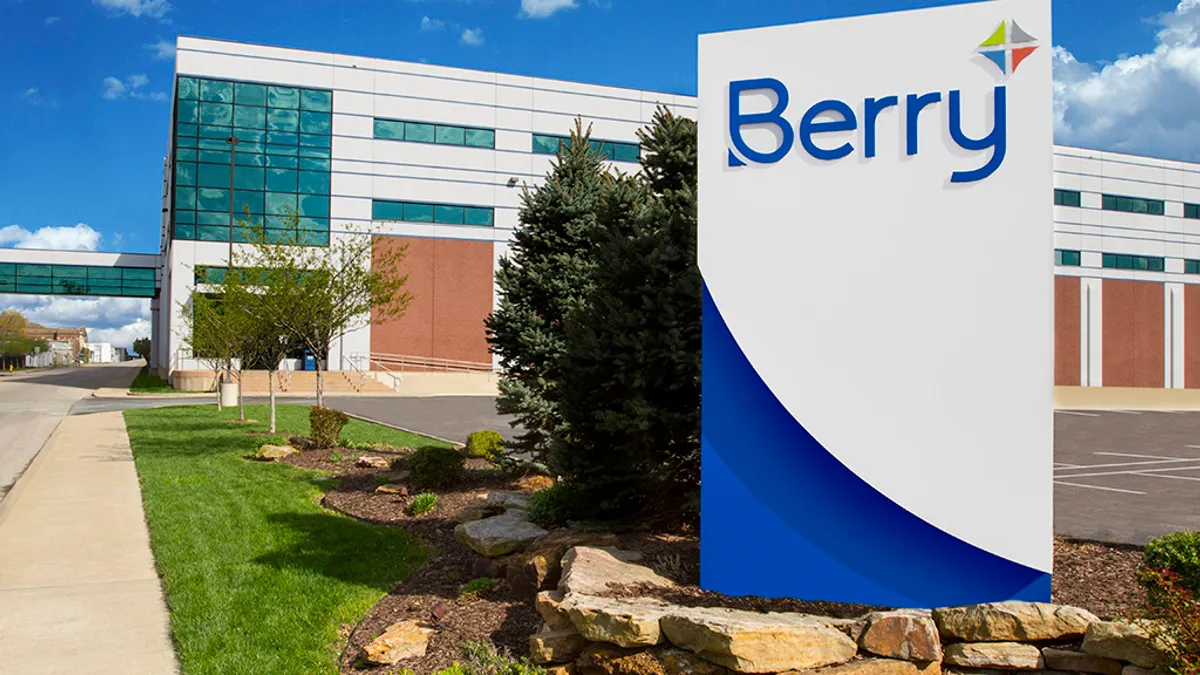
Recommended Reading
- Berry execs talk consolidation, shifting priority sectors By Katie Pyzyk • May 8, 2023



